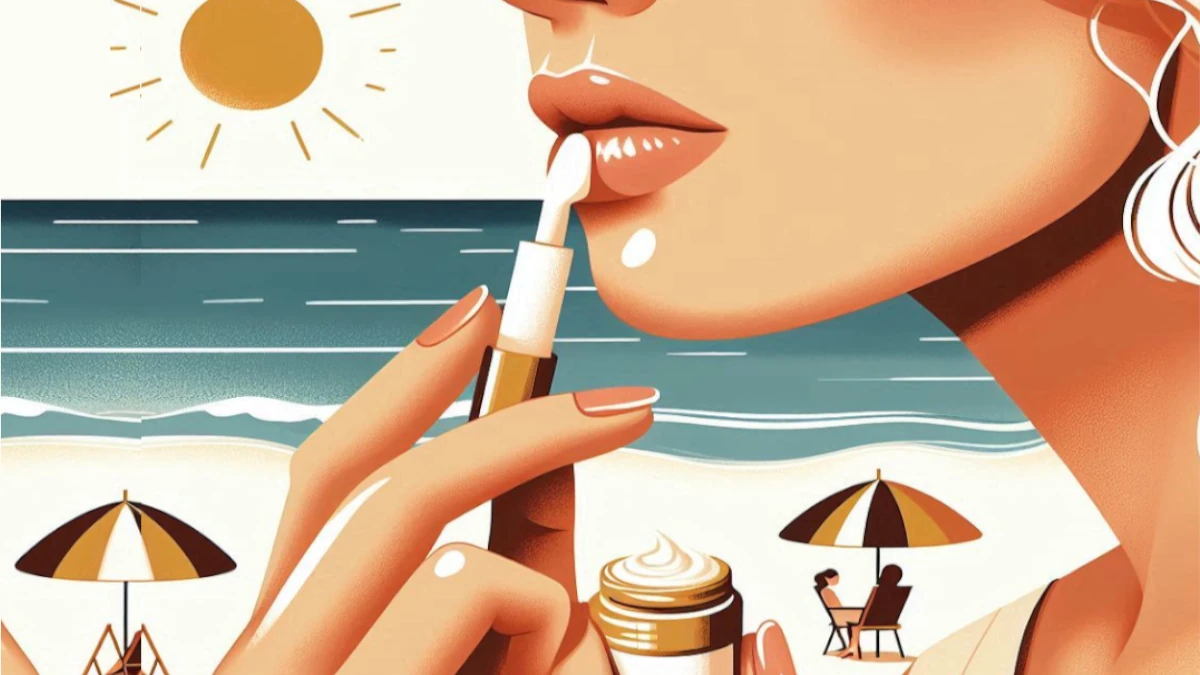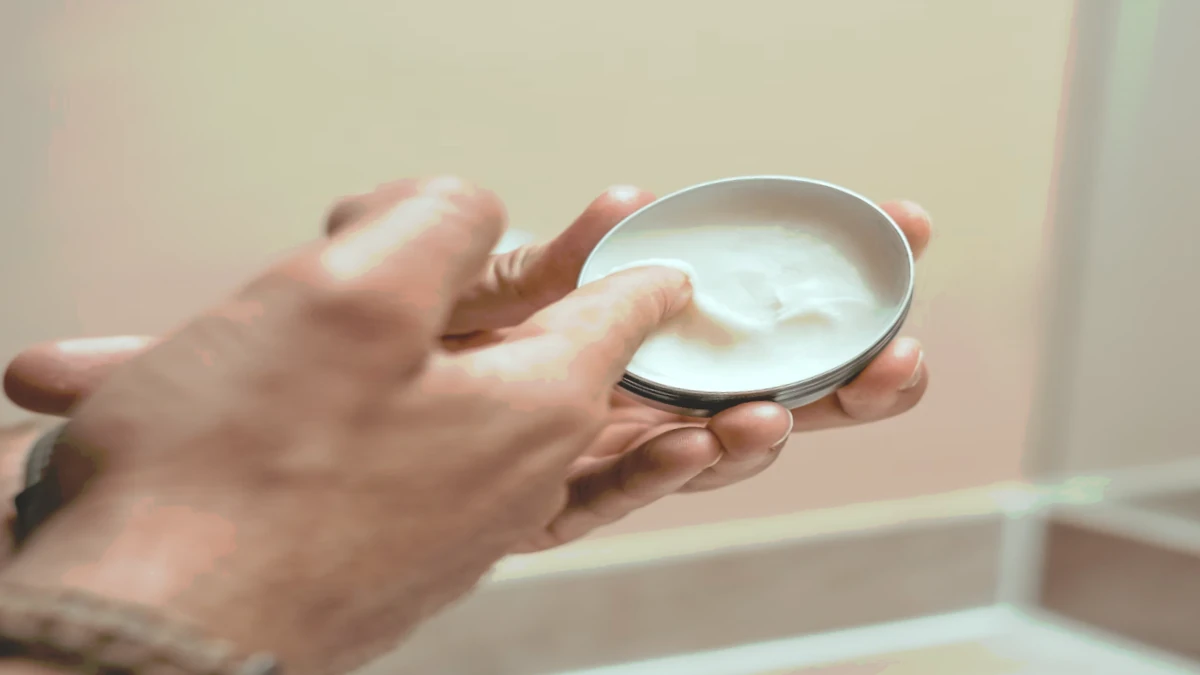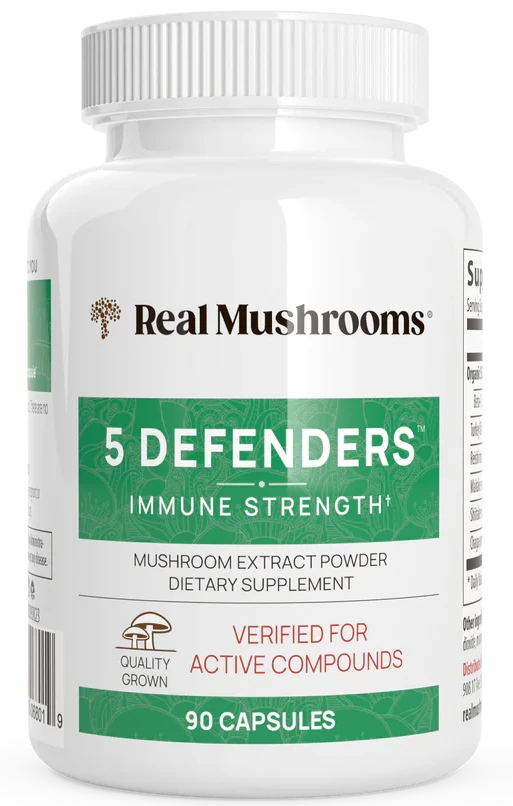How to Protect Cold Sores from Sun Exposure and Prevent Outbreaks
Cold sores, also known as fever blisters, are a common and often recurrent viral infection caused by the herpes simplex virus (HSV).
One of the primary triggers for cold sore outbreaks is exposure to ultraviolet (UV) radiation from the sun.
This is because UV rays can weaken the immune system and make you more susceptible to the virus.
If you're prone to cold sores, it's essential to take proactive steps to protect your lips and prevent painful outbreaks.
In this article, we'll explore effective strategies to shield your cold sores from sun exposure and keep your lips healthy.
When it comes to protecting your lips from sun exposure with a cold sore, there are several methods you can use.
One of the most effective ways is to apply a lip balm or ointment that contains a broad-spectrum SPF of 30 or higher.
These products help shield your lips from both UVA and UVB rays, which can trigger cold sore outbreaks.
Additionally, you can use petroleum jelly or Vaseline to protect your lips from the sun.
These products create a physical barrier that prevents UV rays from penetrating the skin and causing damage.
Protecting Cold Sores from Sun Exposure
Use Lip Balm with Broad-Spectrum SPF
One of the most effective ways to protect your cold sores from the sun is to use a lip balm or ointment that contains a broad-spectrum SPF of 30 or higher.
These products help shield your lips from both UVA and UVB rays, which can trigger cold sore outbreaks.
Look for lip balms that contain ingredients such as zinc oxide or titanium dioxide, which provide physical protection against UV rays.
Apply the lip balm liberally and reapply it every two hours, or after activities like eating, swimming, or sweating.
This will help maintain continuous protection for your lips.
Some popular lip balms that offer broad-spectrum SPF include those from brands like Neutrogena, Coppertone, and La Roche-Posay.
These products are available at most pharmacies and online retailers.
When choosing a lip balm, make sure to read the ingredient label and look for the SPF rating to ensure it provides adequate protection against UV rays.
Cover Up
In addition to using a high-SPF lip balm, you can also protect your cold sores by wearing protective clothing over your head.
Wear a wide-brimmed hat to shade your face and lips from direct sun exposure.
You can also consider wearing a scarf, bandana or face mask to cover your lips when you're outdoors.
This will help prevent UV rays from reaching your lips and triggering a cold sore outbreak.
In general, wear clothing that covers your skin, such as long-sleeved shirts and pants, to prevent UV rays from penetrating the skin and causing damage.
When choosing protective clothing, look for items that are made from breathable, moisture-wicking materials such as cotton or polyester.
These materials will help keep your skin cool and dry, reducing the risk of irritation and infection.
You can also consider wearing clothing with built-in UPF protection, which is designed to block UV rays and prevent sunburn.

Stay Hydrated
Keeping your lips hydrated can also help prevent cold sore outbreaks triggered by sun exposure.
Drink plenty of water and apply a layer of petroleum jelly (vaseline) to your lips to keep them from drying out.
Dry, cracked lips are more susceptible to irritation and can make cold sores more likely to develop or worsen.
Ideally, try to avoid licking your lips, as this can dry them out and make them more prone to irritation.
When choosing a lip balm, look for products that contain moisturizing ingredients such as beeswax, coconut oil, or shea butter.
These ingredients will help keep your lips hydrated and protected from the sun.
You can also consider using a lip scrub to gently exfoliate and moisturize your lips, reducing the risk of irritation and infection.
Try to Avoid Stress and Other Triggers
In addition to sun exposure, there are other potential triggers for cold sore outbreaks, such as stress hormonal changes, illness, or certain foods.
Keep track of your personal triggers and try to avoid them as much as possible.
Stress is a common trigger for cold sore outbreaks, as it can weaken the immune system and make you more susceptible to the herpes virus.
Practice stress-reducing techniques, such as meditation, yoga, or deep breathing exercises, to help keep your stress levels in check.
If the get enough sleep and maintain a healthy lifestyle to support your immune system and reduce the risk of cold sore outbreaks.
When managing stress, it's essential to prioritize self-care and take breaks throughout the day.
Take a few minutes to relax and unwind, whether it's by taking a short walk, practicing yoga, or simply taking a few deep breaths.
This will help reduce your stress levels and prevent cold sore outbreaks.
If you notice a pattern of getting regular cold sore flare ups, you can take proactive steps to prevent an outbreak, such as using a cold sore treatment or talking to your healthcare provider about antiviral medication.
When dealing with a cold sore, it's essential to be mindful of your diet and lifestyle.
Avoid foods that can trigger cold sore outbreaks, such as spicy or acidic foods, and try to maintain a healthy lifestyle.
In addition to this, make sure to practice good hygiene and avoid sharing personal items to reduce the risk of transmission.




